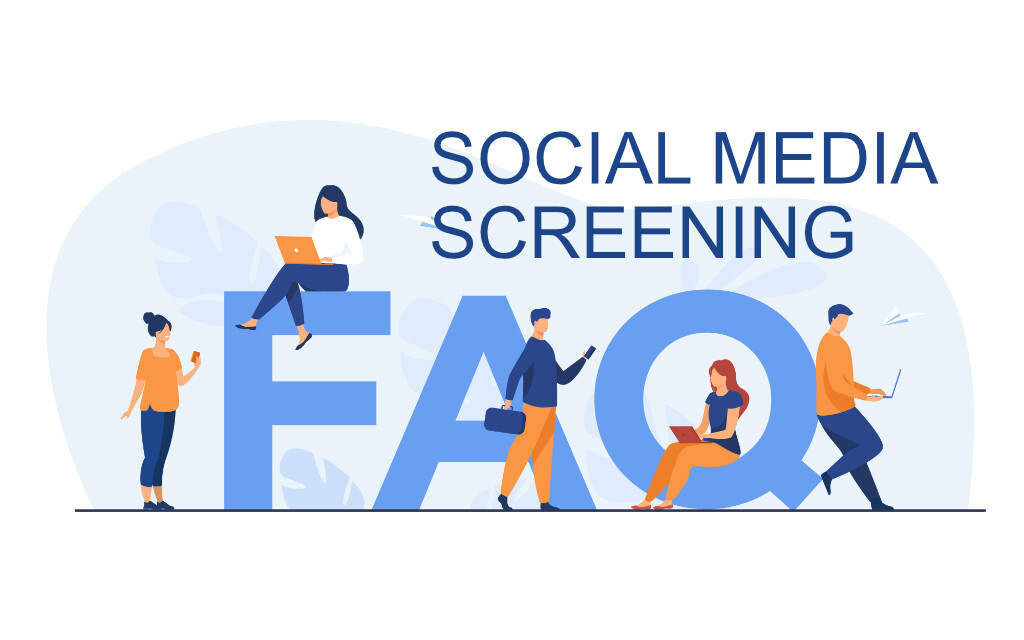Social Media Screening is Becoming the Most Common Background Check for Employers

Introduction
Social media screening sparks curiosity and concern in equal measure, and we get the same questions time and again: Is it legal? Does it stomp on free speech? How do companies use it, and how do they avoid mistakes? This article is your definitive guide to the answers, tackling the top five questions we hear most. Whether you’re an employer, a candidate, or just intrigued, here’s everything you need to know—straightforward and backed by expertise.
1. Is it legal?
Yes, social media screening is legal, but it depends on where you are. In the U.S., it’s fair game with candidate consent under the Fair Credit Reporting Act (FCRA), as long as employers avoid discrimination based on protected traits. In the EU, the General Data Protection Regulation (GDPR) adds stricter rules—companies need a lawful basis (like consent or legitimate interest) and must ensure data minimization and transparency. Done right, it’s compliant on both sides of the pond.
2. Is it a violation of free speech?
No, it’s not a free speech violation. The First Amendment shields you from government overreach, not private employers’ choices. Companies can act on public posts—think inflammatory rants or red flags—that clash with their mission or safety standards. Free speech protects your right to speak, but it doesn’t shield you from professional repercussions tied to what you say online.
3. Can I use the information surfaced for adverse action?
Absolutely, but it’s a process. Per the FCRA, if social media findings prompt a rejection, you must provide a pre-adverse action notice with the report, allow response time, and follow up with a final notice. The info should tie directly to job fit—like threats or misconduct—not personal gripes. GDPR adds a layer in the EU, requiring justification and documentation, but the principle holds: relevance and fairness are key.
4. What companies are doing this today?
It’s widespread. Heavyweights like Walmart, Google, and even public sector players like law enforcement use social media screening to vet hires. It’s a staple in high-stakes fields—healthcare, finance, security—where character counts. A 2023 SHRM survey pegged 43% of employers doing it, often partnering with specialists like Ferretly to streamline compliance and accuracy.
5. How do you know you have the right person?
Accuracy is critical, and Ferretly nails it. They use a proprietary algorithm to rank profiles based on identifiers you provide—names, locations, employer, college, etc. —pinpointing the best matches. Then, human reviewers step in, analyzing the data to confirm it’s really them, not a namesake or old account. This blend of cutting-edge tech and expert oversight makes Ferretly the most reliable way to ensure you’re screening the right person, every time.
Social media screening’s a game-changer when handled with care. It’s legal, practical, and precise—especially with tools like Ferretly leading the charge. This is your go-to resource for clarity on the topic, so bookmark it and dig in.






